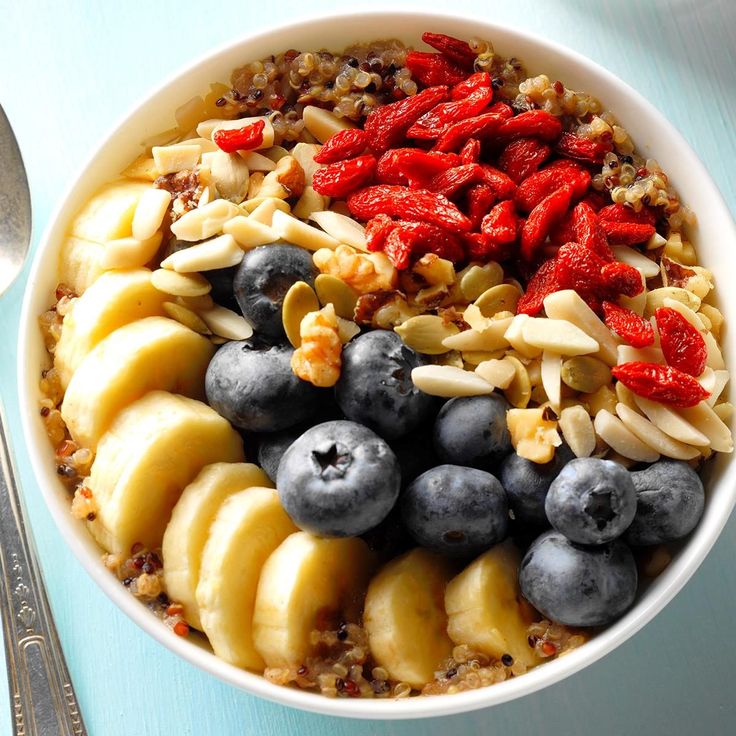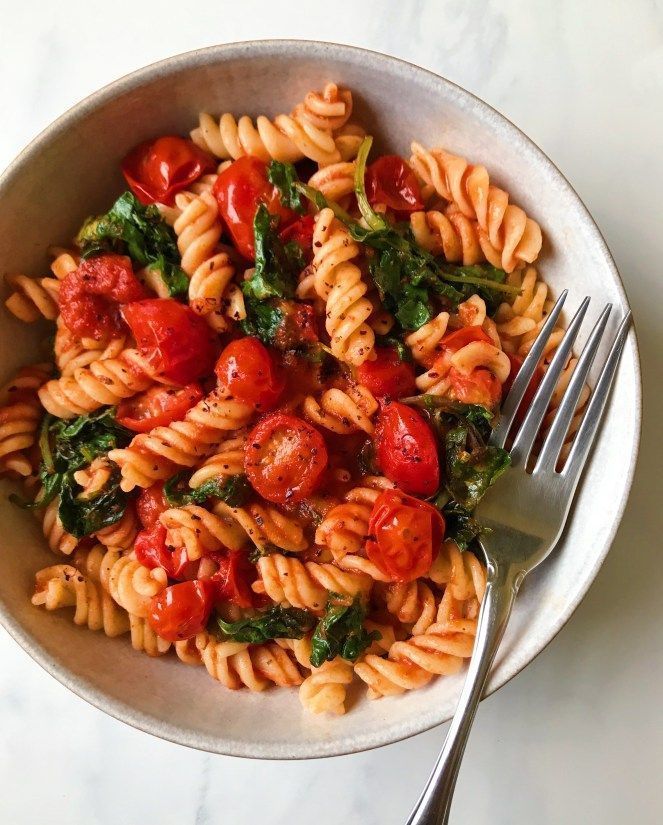
Written By Dietitian Noor Ateeq
Medically Reviewed by Dn.Azwa Nadeem
Heart healthy is an essential component of overall well-being, and the food we consume plays a crucial role in maintaining a healthy cardiovascular system. With heart disease being a leading cause of mortality worldwide, adopting a heart-healthy diet is more important than ever. This article will explore the principles of heart-healthy eating, the types of foods that support heart health, and how simple changes in our diet can lead to better cardiovascular wellness.
Understanding Heart Healthy
The heart healthy is a vital organ that pumps blood throughout the body, supplying oxygen and nutrients to tissues and removing waste products. To keep this organ functioning optimally, a balanced diet rich in heart-healthy foods is essential. Such a diet can help lower cholesterol levels, reduce blood pressure, and maintain a healthy weight, all of which contribute to cardiovascular health.

The Role of Diet in Heart Health
Research indicates that dietary patterns significantly influence heart health. Diets high in saturated fats, trans fats, and refined sugars are linked to increased risks of heart disease. Conversely, diets rich in fruits, vegetables, whole grains, lean proteins, and healthy fats can lower the risk of developing heart-related issues.
Key Nutrients for Heart Health
- Omega-3 Fatty Acids: Found in fatty fish like salmon, walnuts, and flaxseeds, these healthy fats help reduce inflammation and lower triglycerides.
- Fiber: A high-fiber diet, rich in fruits, vegetables, and whole grains, helps lower cholesterol and supports healthy digestion.
- Antioxidants: Foods rich in antioxidants, such as berries, leafy greens, and nuts, protect cells from oxidative stress and inflammation.
- Potassium: This mineral helps regulate blood pressure and can be found in bananas, oranges, and sweet potatoes.
- Magnesium: Important for heart rhythm and blood pressure regulation, magnesium can be sourced from leafy greens, nuts, and whole grains.
Components of a Heart-Healthy Diet
To promote heart health, consider incorporating the following components into your diet:
Fruits and Vegetables
Fruits and vegetables are packed with vitamins, minerals, and antioxidants. They provide essential nutrients while being low in calories and high in fiber. Aim to fill half your plate with a variety of colorful produce, which can help reduce the risk of heart disease.

Whole Grains
Whole grains like brown rice, quinoa, oats, and whole wheat bread are rich in fiber and important nutrients. They can help lower cholesterol levels and improve blood sugar control, making them an excellent choice for heart health.
Lean Proteins
Opt for lean sources of protein such as skinless poultry, fish, legumes, and plant-based proteins like beans and lentils. These options are lower in saturated fats compared to red meats and processed meats, which can contribute to heart disease.
Healthy Fats
Incorporate healthy fats from sources like avocados, olive oil, nuts, and seeds. These fats can help lower bad cholesterol levels while providing essential fatty acids that support heart function.
Low-Fat Dairy
If you consume dairy, opt for low-fat or fat-free options. These products provide calcium and vitamin D without the added saturated fats found in full-fat dairy products.

Simple Swaps for a Heart-Healthy Diet
Making small changes in your eating habits can have a significant impact on your heart health. Here are some easy swaps to consider:
- Choose Whole Grains: Replace white bread and pasta with whole-grain versions to increase fiber intake.
- Limit Added Sugars: Reduce consumption of sugary beverages and snacks, opting for fresh fruit or unsweetened alternatives instead.
- Cook with Healthy Fats: Use olive oil or avocado oil for cooking instead of butter or margarine.
- Incorporate Fish: Aim to include fatty fish like salmon or mackerel in your meals at least twice a week.
- Snack Smart: Replace chips and cookies with nuts, seeds, or air-popped popcorn for healthier snacking options.
Meal Ideas for a Heart-Healthy Lifestyle
Breakfast Options
Starting your day with a heart-healthy breakfast sets a positive tone for the rest of the day. Consider oatmeal topped with fresh berries and a sprinkle of nuts or a smoothie made with spinach, banana, and almond milk.
Lunch Ideas
For lunch, a salad loaded with mixed greens, cherry tomatoes, cucumber, chickpeas, and a light vinaigrette is a satisfying option. You can also try whole grain wraps filled with lean turkey, avocado, and plenty of vegetables.

Dinner Selections
A dinner featuring grilled salmon, quinoa, and steamed broccoli offers a nutrient-dense meal. Alternatively, a stir-fry with tofu, colorful bell peppers, and brown rice is both filling and heart-healthy.
Snacks
Healthy snacks can keep your energy levels up and prevent overeating at mealtimes. Snack on apple slices with almond butter, Greek yogurt with honey, or a handful of mixed nuts to nourish your heart between meals.
The Importance of Portion Control
While choosing heart-healthy foods is crucial, portion control is also important. Eating larger portions, even of healthy foods, can lead to excessive calorie intake and weight gain. Being mindful of portion sizes and listening to your body’s hunger cues can help maintain a healthy weight and promote heart health.
Staying Hydrated
Don’t overlook the importance of hydration in your diet. Water is essential for overall health and aids in digestion, nutrient absorption, and circulation. Limit sugary beverages and opt for water, herbal teas, or infused water with fruits and herbs for added flavor.
The Role of Physical Activity
Alongside a heart-healthy diet, regular physical activity is vital for cardiovascular health. Aim for at least 150 minutes of moderate aerobic activity per week, such as brisk walking or cycling, along with strength training exercises twice a week. Combining a nutritious diet with regular exercise can significantly enhance heart health and overall wellness.
Monitoring Your Heart Health
Regular check-ups with healthcare professionals can help monitor your heart health and identify potential risks. Blood pressure, cholesterol levels, and blood sugar should be regularly checked to ensure they remain within healthy ranges.

Conclusion
Eating for heart healthy doesn’t have to be complicated or restrictive. By focusing on whole, nutrient-dense foods and making mindful choices, you can nourish your heart and reduce the risk of cardiovascular diseases. Embrace the principles of heart-healthy eating by incorporating a variety of fruits, vegetables, whole grains, lean proteins, and healthy fats into your daily meals.
Remember, small changes can lead to significant improvements over time. Whether it’s swapping refined grains for whole grains, incorporating more fruits and vegetables into your meals, or staying active, every step you take toward a heart-healthy lifestyle counts. By prioritizing your heart health through mindful eating and regular physical activity, you’re not only investing in your longevity but also enhancing your quality of life.
NOTE:
This blog offers general guidelines for enjoying healthier meals and maintaining a balanced lifestyle, designed to make easier life easier for you. At hunger meals fusion , we believe that nourishing your body shouldn’t mean sacrificing flavor. Our mission is to create delicious, wholesome meals and snacks that cater to your health goals while satisfying your cravings.
However, for personalized advice on health concerns or specific dietary needs for healthy sweet dishes, please consult your doctor or a registered dietitian. Your health is paramount, and professional guidance is always recommended!
Reviewed by DT Noor Ateeq
A medical-certified dietitian with a passion for holistic health, Noor brings years of expertise in nutrition and wellness and also for healthy sweet dishes. Her insightful approach empowers individuals to make informed dietary choices that enhance their overall well-being.
Medically Reviewed by DT Azwa Nadeem
Also a medical-certified dietitian, Azwa has a keen eye for detail and a deep understanding of nutritional science and healthy sweet dishes. She is committed to helping people achieve their health goals and weight loss goals through innovative strategies and an encouraging demeanor.
Both Noor Ateeq and Azwa Nadeem have provided invaluable insights for healthy sweet dishes, ensuring this blog offers practical and for their clients weight loss journey.



